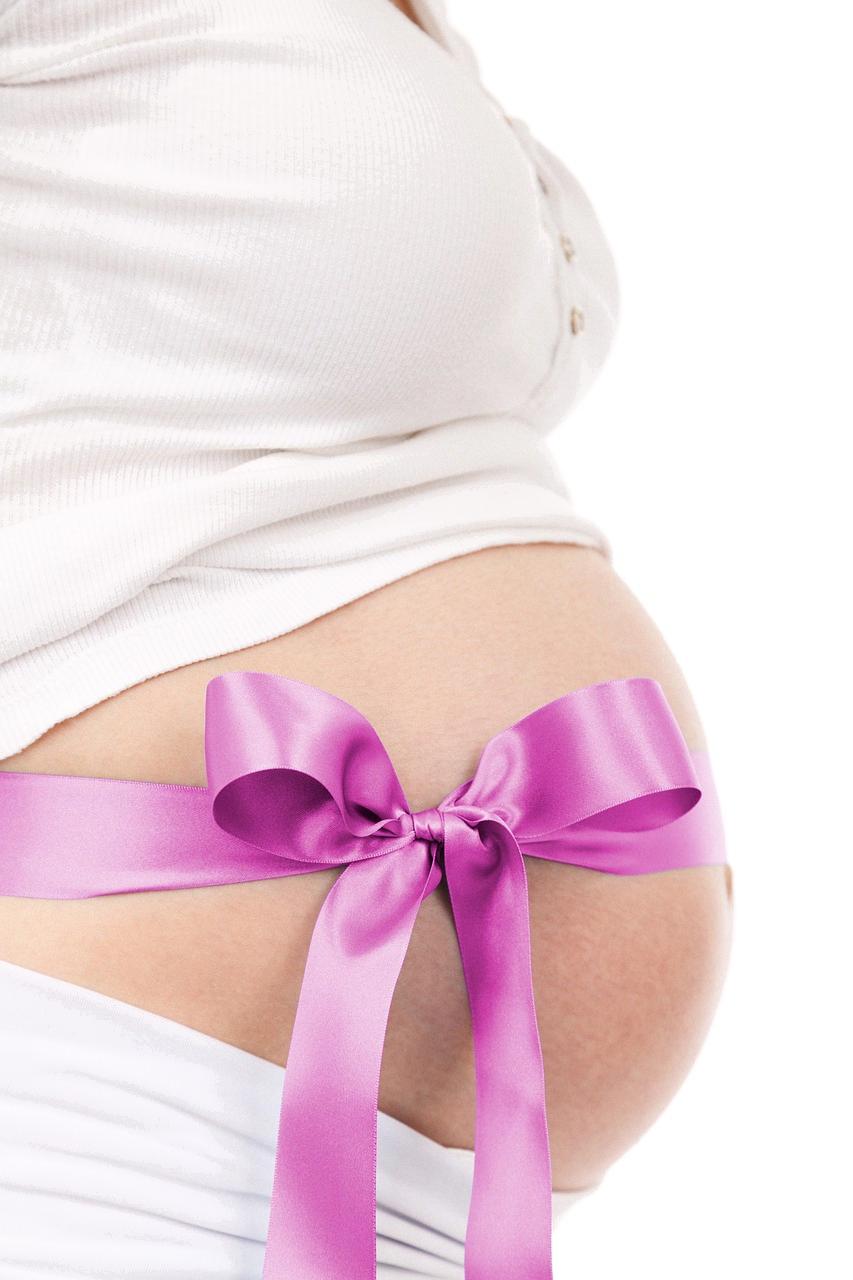One of the common questions women have during the early stages of pregnancy is whether it is normal to experience an increased need to urinate frequently. The answer to this question lies in understanding the changes that occur in the body during pregnancy, especially in the initial weeks.
Hormonal Changes and Urination Frequency
During the early stages of pregnancy, hormonal changes play a significant role in how often you may need to use the restroom. Increased levels of hormones like human chorionic gonadotropin (hCG) can lead to more frequent urination as your body adjusts to the changes associated with pregnancy.
Impact of Physical Changes
As pregnancy progresses, physical changes in your body can also contribute to the need to urinate more frequently. The growing uterus puts pressure on your bladder, reducing its capacity and leading to more frequent trips to the bathroom.
Fluid Intake and Urinary Frequency
Another factor that can influence how often you urinate during early pregnancy is your fluid intake. It is essential to stay hydrated during pregnancy, but consuming large amounts of fluids, especially closer to bedtime, can result in more frequent trips to the bathroom.
Understanding Normal Urination Patterns
While the need to pee every 2 hours may seem frequent, it is essential to consider individual differences in urinary frequency. Every woman’s body reacts differently to pregnancy hormones and physical changes, so what is normal for one person may not be the same for another.
When to Speak to Your Healthcare Provider
If you are concerned about the frequency of urination or experience other symptoms like pain or burning during urination, it is crucial to consult your healthcare provider. They can assess your symptoms and provide guidance on whether your urinary patterns are within the normal range.
Monitoring Urinary Habits
Keeping track of your urinary habits during pregnancy can help you identify any significant changes or patterns that may require attention. Note the frequency of urination, any associated symptoms, and any factors like fluid intake that could affect your urinary patterns.
Factors That Influence Urination
Various factors can influence how often you need to use the restroom during pregnancy, including the position of the baby, the amount of amniotic fluid, and the overall health of your urinary system. These factors can vary from person to person and throughout different stages of pregnancy.
Self-Care Strategies
If you find yourself peeing frequently during early pregnancy, there are some self-care strategies you can adopt to manage the situation. Limiting caffeine intake, avoiding excessive fluids before bedtime, and practicing pelvic floor exercises can help improve bladder control.
Healthy Bladder Habits During Pregnancy
Maintaining healthy bladder habits during pregnancy is essential for your overall well-being. Ensure you drink an adequate amount of water throughout the day, practice good hygiene, and empty your bladder completely each time you use the restroom to reduce the risk of urinary tract infections.
Conclusion
In conclusion, experiencing the need to pee every 2 hours in early pregnancy can be considered normal due to hormonal changes, physical factors, and individual variations in urinary patterns. However, if you have concerns about your urinary frequency or experience discomfort, it is best to seek medical advice to ensure a healthy pregnancy.

